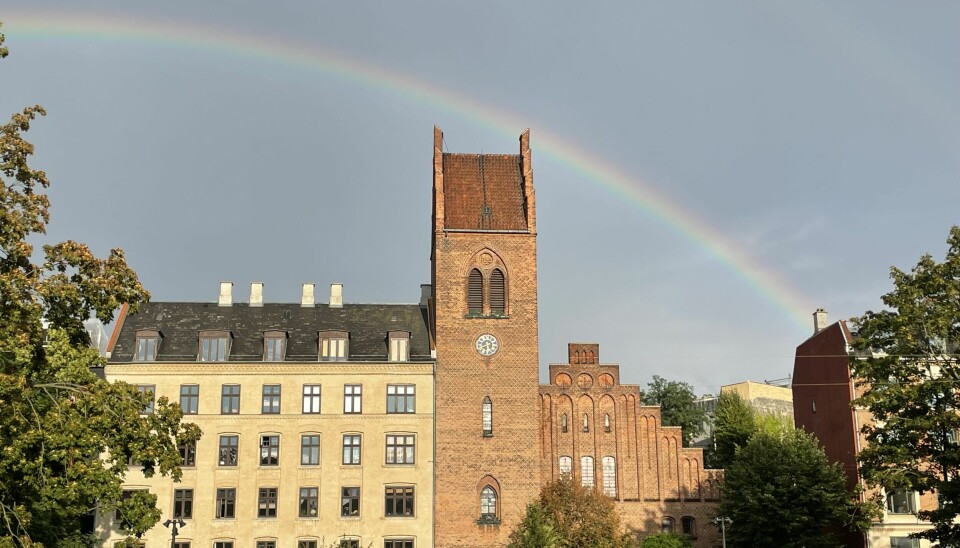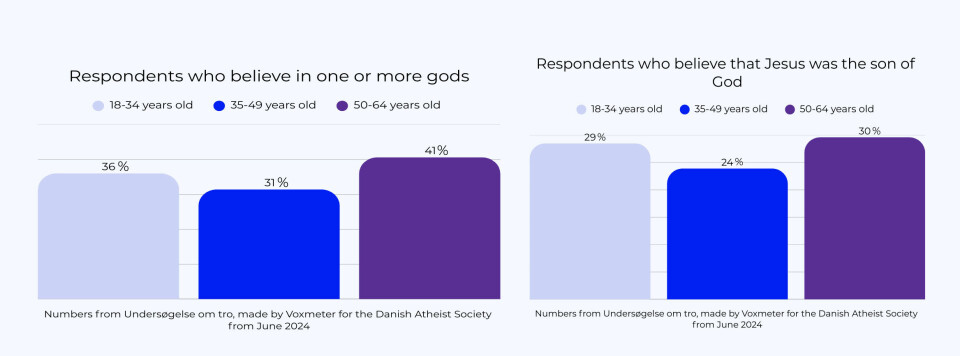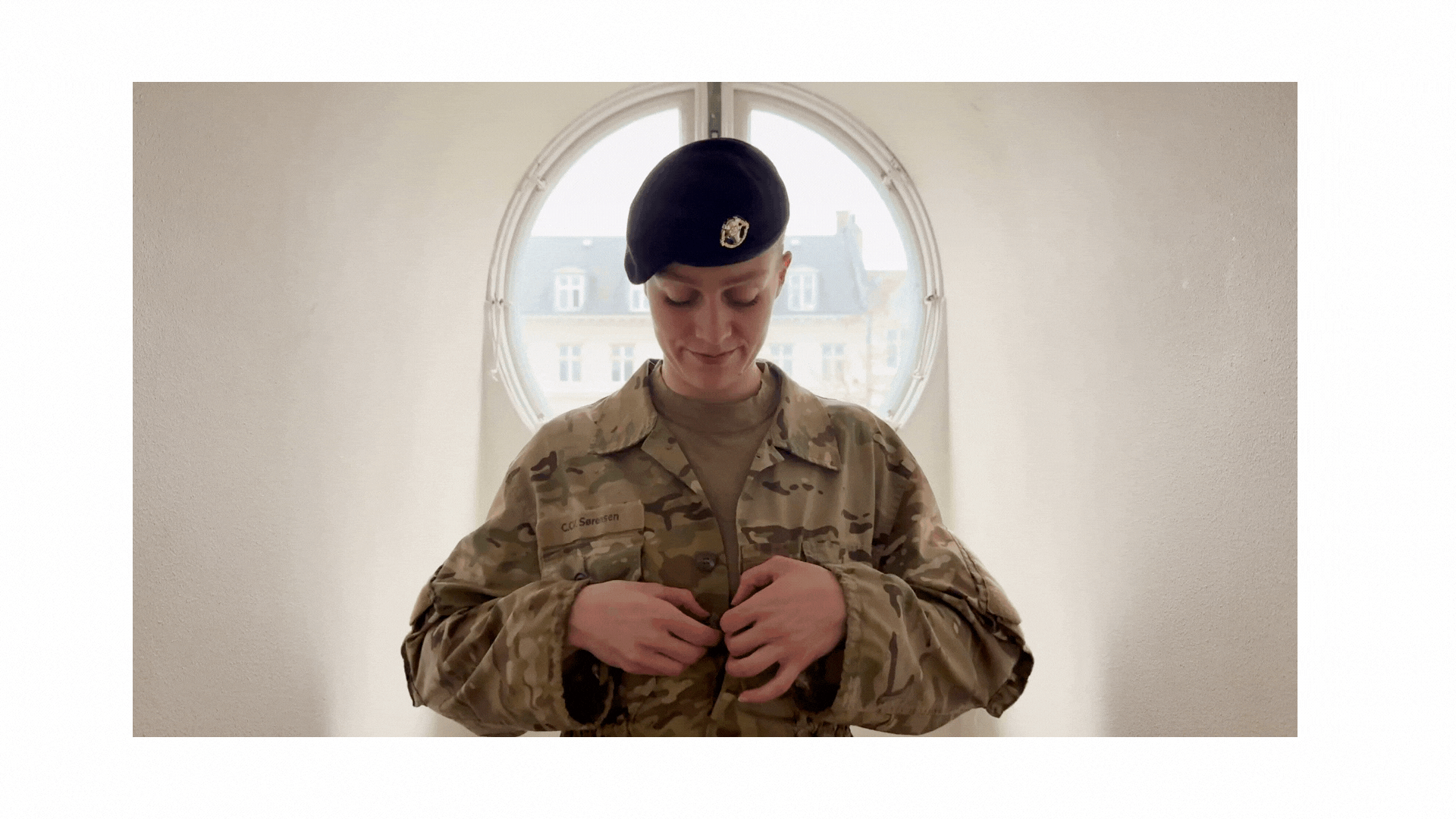For the first time, young Danes are more religious than their parents
At UKirke in Copenhagen, young people gather around faith and community - part of a wider trend of a generation more religious than their parents, sparking debate over democracy, equality, and tradition.

On a Thursday evening in Copenhagen, laughter and music spill out of a red-brick church. Inside, pews have been replaced with thrifted furniture, a giant pink model of Jesus’ head gazes from the altar, and volunteers pour beer and wine at a rustic bar.
At UKirke, the only youth-focused branch of the National Church in Greater Copenhagen, young people gather in a Christian setting without strict doctrines - reflecting a generation more open to Christianity than their parents, according to a report from the Danish Atheist Society.

Benjamin Thomas König, priest at UKirke, understands why. “There is a search for meaning in our time. People try to find meaning in several ways, and spirituality is one of them.”
Priest Benjamin Thomas König and two volunteers, Niels Arnold and Rebekka, explain what they think is special about UKirke.
But Anders Stjernholm, chair of the Danish Atheist Society, views the development with concern. “Equality for women and LGBT persons has by no means been achieved, and now we risk setbacks on both fronts. Furthermore, research shows that religion harms the democratic mindset,” he says. König acknowledges the tension. “I think there is a conservative movement that is worrying. We are very polarized in our society, and this is one space where you can feel it -like people trying to roll back on women’s rights.”
Dr. Brian Arly Jacobsen, Ph.D., cand. mag. in religious sociology and associate professor, is less alarmed. “There are no signs of a genuine religio revival that challenges democracy or equality. Rather, it indicates that religion is used flexibly as cultural identity and social community,” he states.
Niels Arnold Holst, volunteer, and priest Benjamin Thomas König comment on the criticism.































